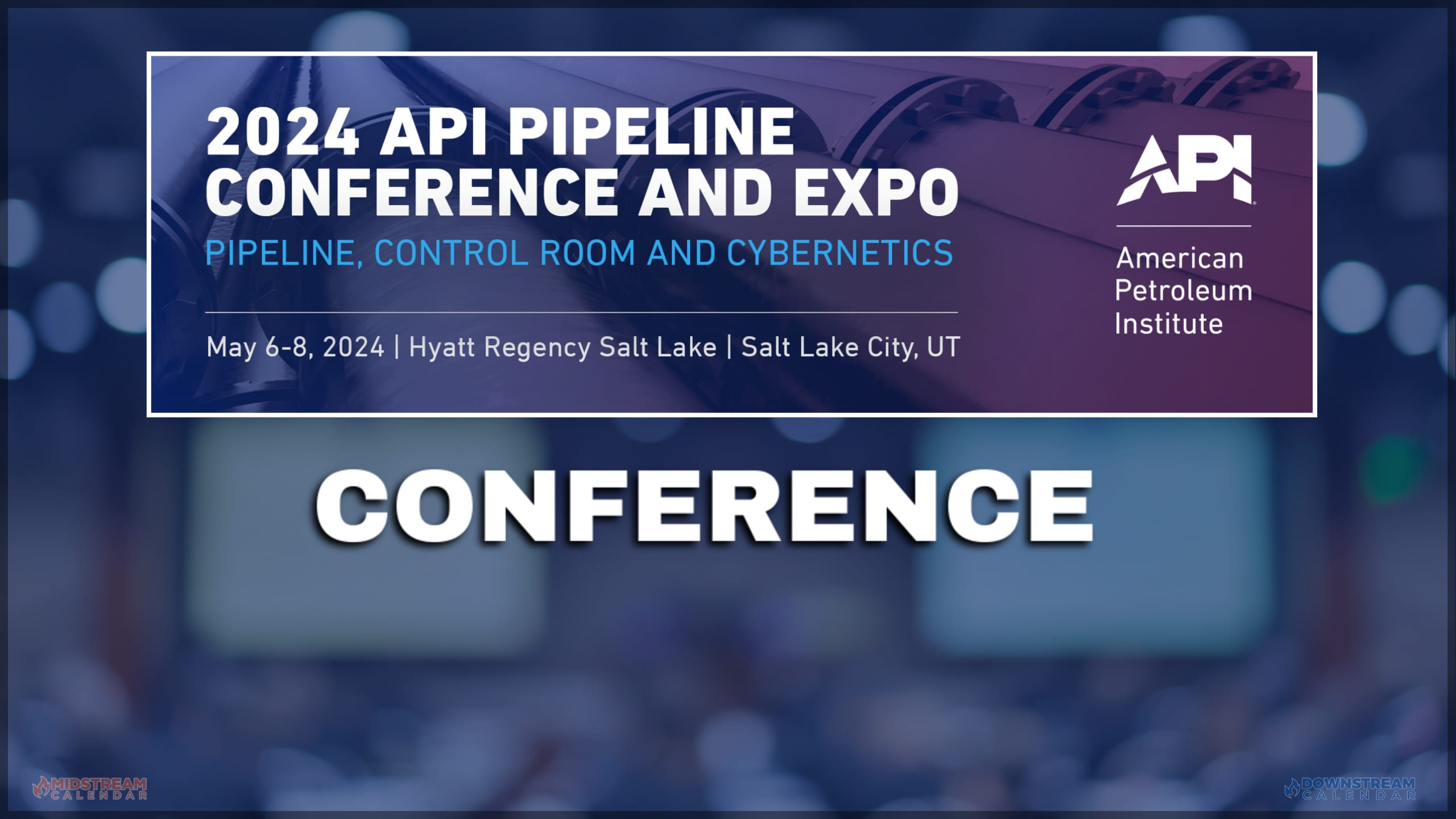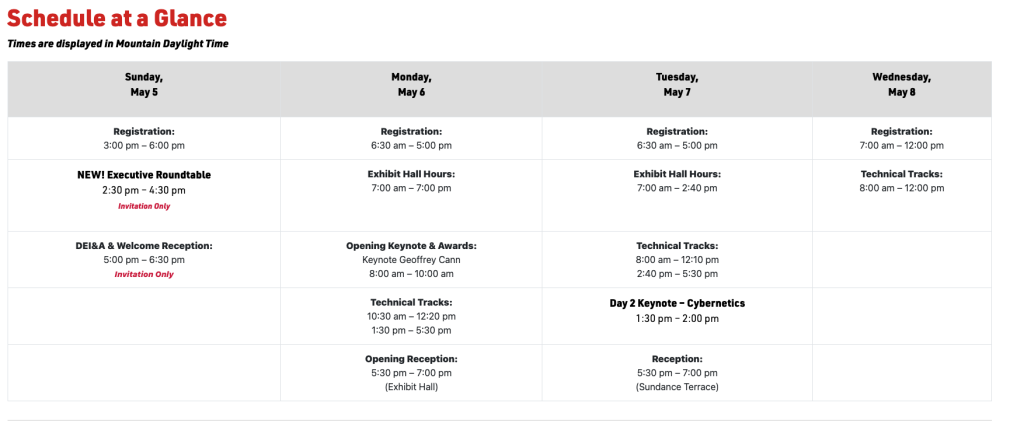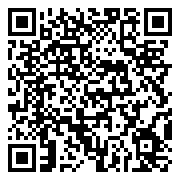
2024 API Pipeline Conference and Expo: Pipeline, Control Room and Cybernetics
This Event Reminder is Sponsored by:
Sustain. Transform. Secure.
Global leaders continue to evolve in their formulas for a successful and just energy evolution. In doing so, the realization that oil and gas are catalysts for energy sustainability, transformation and security amidst a rising global demand sharpens. Oil and gas companies are working to solve the climate challenges by sustaining resources today, all the while securing the future through the development of innovative business models.
To continue to transform both present and future outlooks, valiant efforts are underway for deepening expertise, embracing policies that accelerate capital investments, and collaborating in unprecedented ways that enables a continued pathway for evolution. Industry will continue its mission to sustain, transform, and secure essential needs across the globe. Join the +700 industry professionals in Salt Lake City, Utah from May 6-8, 2024 as they connect, collaborate, and learn together.
What We Know
Oil and gas companies continue to take steps in defining the energy system of tomorrow. As time progresses, the role oil and gas companies will play in the energy evolution continues to grow.
While at times geopolitically influenced, current oil price increases reflect a strengthening global economy leading to healthy balance sheets for U.S. companies. Current trends highlight a continued focus on shareholder returns and energy diversification investments, such as CCUS and hydrogen, versus traditional asset investitures.
Companies will need abundant capital, diverse technical expertise, and experience with complex operations and markets to successfully embrace new fuels.
Domestic and global demand is less likely to decline near term. Increases in LNG export facilities continue to place the U.S. with greater mobility to serve even greater energy goals globally. This includes natural gas’ reputational comeback due to its more immediate effect on lowering carbon and methane emissions.
A renaissance in workforce development is inevitable and will be largely influenced by oil and gas with a makeup of approximately 5% of the U.S. total employment.
Advancements in technologies are rapidly being embraced to improve production, increase connectivity, optimize equipment, ensure worker safety, and monitor remote areas.

Why You Should Attend
Gaining unique access to +100 diverse sessions to expand your knowledge, network, learning, and discovery of solutions for you and your organizations.
Presenting your ideas and work to others, while getting feedback and potentially new perspectives from others for continuous improvement.
Acquiring insights into the latest trends and technologies that are crucial for a successful business.
Meeting industry leaders with an opportunity to listen to them present their stories and network with them individually.
Building your CV for future opportunities that show existing and potential employers active engagement within a specific industry field of work.
Case for Attending
Over 100 diverse sessions to expand your knowledge.
Opportunity to share your ideas and solicit input from others.
Unique access to the latest trends and technologies.
Networking with +700 industry leaders and peers.
Building your knowledge and experience for future opportunities.
PROGRAM DETAILS:
Pipeline Segment
Stakeholder Engagement & Outreach
This track fosters information sharing on engagement information for community involvement and multi stakeholder efforts or tools used for advancement in safe pipeline operations. Example topics may include leading practices for engagement with communities throughout the lifecycle of a pipeline(s), API Recommended Practices (RP) 1162, Public Awareness Programs for Pipeline Operators and RP 1185, Pipeline Public Engagement, environmental justice and Tribal/First Nation considerations, emergency responder education, and damage prevention outreach.
Operational Excellence
This track explores how oil and gas leaders are operating their assets safely, reliably, sustainably and cost effectively from safety performance to best-in-class standards and systems. Examples topics may include processes for identifying high consequence areas, in line inspection lessons learned, pipeline safety management systems, safety culture, Management of Change, leak detection analysis and remediation for risk reduction and enterprise & operational risk management.
Environmental, Social & Governance
This track provides industry insights on both current and forward-looking strategies, changes, and approaches to environmental responsibility and broader ESG measures. Examples topics may include energy evolution, habitat management and conservation programs, ESG risks, system hardening and resiliency, methane emission quantification and other sustainable practices by operators.
Technology & Innovation
This track highlights operational technologies, tools and other innovations that allow organizations to advance their operations, asset integrity, risk management, and business continuity and growth. Example topics may include new inspection tools and engineering practices, leak detection technologies, emergency responder applications and emerging fuel developments.
Workforce Development
This track offers insight into diverse workforce development strategies in the pipeline industry. Example topics include succession planning to support knowledge transfer, attracting new workers to the industry, talent retention strategies, managing a multigenerational workforce, Operator Qualification (OQ) and inspector certification programs, establishing competency based learning programs, using
technology to train, and expanding formal training to include knowledge-based workers.
Low Carbon Energy Outlook
This track explores the topics associated with the safe and efficient transportation and storage of carbon dioxide (CO2), hydrogen (H2) and other low carbon and renewable sources while examining how both new and existing energy pipeline infrastructure may enable the addition of a next generation of low carbon fuel supply. Example topics include safety related R&D, standards to address operations
and integrity, odorant considerations, leak detection methods, self powering technologies, pipeline materials, emergency preparedness and response guidance, dispersion modeling and modifications to infrastructure and other factors to ensure safe operations of CO2 and low carbon fuels.
Control Room Segment
Team Training
This track focuses on establishing and maintaining compliance, while fostering collaboration on one of the newest aspects of Control Room Management regulations. Example topics may include regulation history, interpreting regulatory requirements, incorporating team training into both normal and abnormal operations, training frequencies and non-technical soft skill training approaches.
Emerging Tech & the Workforce of the Future
This track explores the future of control room operations, sharing insights on technologies, implementation strategies, use cases and best practices, and talent recruitment and acquisition approaches. Example topics may include automation/autonomous operations, implementation of API RP 1165, workforce training and skill development, shiftwork transformation, and recruiting techniques.
Alarm Management
This track focuses on the lifecycle of alarms, from alarm identification to alarm monitoring and management of change. Sessions within this track will seek to share how stakeholders are addressing challenges related to implementation of an alarm philosophy and fulfillment of regulations requiring an alarm management plan. Example topics include solutions for optimizing controller response on complex systems, smart alarms, alarm dashboarding and analysis, impacts of Title 49 rupture response procedures, and alarm workload management.
Manual Pipeline Operation, Local Control & Business Continuity
This track highlights response measures, practices and strategies when faced with frequent natural disasters, challenging infrastructure, or staffing limitations while maintaining operations. Example topics may include preparedness and response to social unrest or pandemics, manual operations due to system operations, controller and staffing continuity strategies, and procedure development insights.
Control Room Management Best Practice Share
This track focuses on establishing and maintaining compliance, while fostering collaboration on one of the newest aspects of Control Room Management regulations. Example topics may include regulation history, interpreting regulatory requirements, incorporating team training into both normal and abnormal operations, training frequencies and non-technical soft skill training approaches. This track takes a deep look into the interpretations of the Control Room Management Rule through the operational application of procedures and practices. Open discussion topics may include all aspects of Control Room Management such as: lessons learned, case studies for processes and procedures implementation into control room operations, and common interpretations or practices.
Regulatory Interpretations & Inspection Findings
This track examines control room inspections, performed by regulators and operators, and the diverse outcomes in areas of compliance and/or interpretation. Example topics include inspection lessons learned, inspection preparation successfully demonstrating compliance, differences between regulator inspections and investigations, and the value of self-assessments.
Cybernetics Segment
Cybersecurity
This track explores topics related to the latest advancements, challenges and strategies for securing critical energy infrastructure. Example topics may include strategies for threat detection and prevention, vulnerabilities and solutions for ICS and SCADA systems, case studies for risk management approaches, incident response and recovery, regulatory compliance practices, and incident response and recovery.
Leak Detection Program Management
This track focuses on strategies and best practices in the field of leak detection program management. This is a unique opportunity for experts and professionals to share their insights on crucial topics shaping leak detection programs. Example topics include performance measurement, advancement in system tuning increasing efficient and reduction of false positives, research findings on leak detection testing and methodologies, design and management of operator training simulators, and critical instrumentation record keeping practices.
Internal Leak Detection Advancements
This track aims to showcase emerging technologies and advancements for internal leak detection systems. Example topics may include AI uses cases in areas of internal leak detection systems, detection accuracy and proactive maintenance, new implementations in live environments demonstrating significant value, and examples of next level improvements to existing technologies.
External Leak Detection Advancements
This track promotes the exploration of cutting edge developments in external leak detection systems. Example topics include predictive analytics, AI driven algorithms revolutionizing detection accuracy, predictive capabilities, and proactive maintenance strategies, inventive applications of external detection tools, and advancements in existing detection technologies that have resulted in breakthrough value.
SCADA
This track provides information about key industry improvements to SCADA systems from processes to technologies. Example topics may include the modernization of SCADA communications, SCADA audit experiences, case studies in secure and efficient inter-company connections, SCADA related projects and lessons learned, SCADA and IoT conversion for data collection and analysis, remote monitoring and control practices, and data visualization.
Regulatory & Compliance
This track focuses on the critical intersection of compliance, operational integrity, and technological advancement. Example topics may include leak detection regulations and practices, cybersecurity regulation interpretations such as digital infrastructure protection, data privacy and governance of sensitive information, cross border compliance, and regulatory reporting.
If you are wondering when the 2025 API Pipeline Conference and Expo: Pipeline, Control Room and Cybernetics conference will be, look no further. This year it will be held in Austin at the Austin Marriott Downtown on 304 E Cesar Chaves St, Austin, TX. You can find out more about the conference at Allstream Insiders. Or by clicking the link Here:



Recent Comments